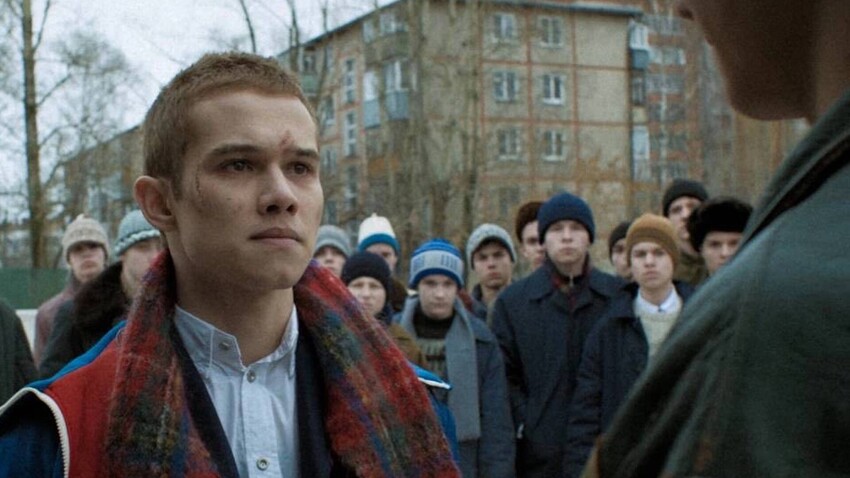
The first episodes of “Slovo Patsana: Krov na asfalte” (“The Boy's Word: Blood on the Asphalt”) came out in November 2023, and now all of Russia is talking about it. The story about violent youth gangs of the Perestroika era has won over both critics and viewers in Russia, and even Ukraine. Scenes from the series are spreading across TikTok, its soundtrack has taken world music charts by storm, and the forgotten slang word ‘chushpan’, which means a ‘guy not from a gang’, has returned to everyday Russian speech; but this time, thankfully, with an ironic connotation.
Here are five reasons to watch “The Boy’s Word”.
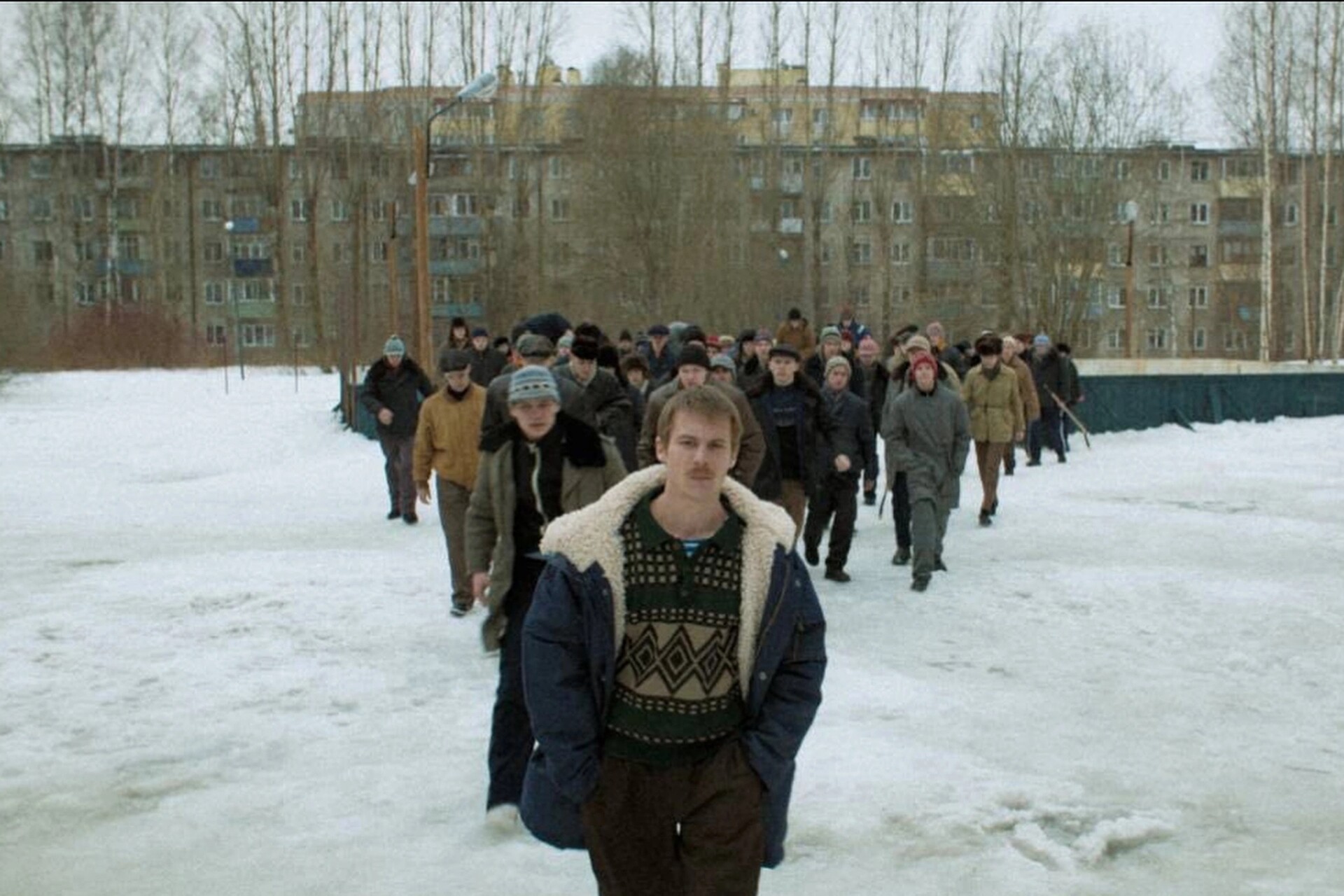
This period was absolutely unique in modern Russian history. At the end of the 1980s, while many parents were busy trying to make ends meet, some Soviet youth banded together into gangs and waged street wars. Every district was controlled by a specific gang that ferociously protected its territory and also sometimes raided the ‘kingdoms’ of rival gangs.
The unwritten law of these mean streets was very simple: if you’re a member of a certain gang then you’re a ‘boy’ (a person who is to be reckoned with). The ‘boys’ from other gangs should be respected yet also despised because they are rivals. Any one who is not in any gang is a chushpan, which means that you can do whatever you want with them: beat them up, scam them, and extort money. If you promise something and give a boy’s word to a chushpan, then you don’t have to follow up on your promise. You only have to be true to your word before other ‘boys’.
Such gangs sprung up across the entire Soviet Union, but for some reason this phenomenon was especially widespread, specifically in the city of Kazan, the capital of the Tatar Autonomous Soviet Socialist Republic. This is where the series “The Boy’s Word” takes place. The main hero of the series is a schoolboy by the name of Andrey (debuting actor Leon Kemstach), who often found himself the target of gang attacks, so one day he decides to seek protection from another gang. However, new problems emerge along with his new ‘friends’ in the gang world.
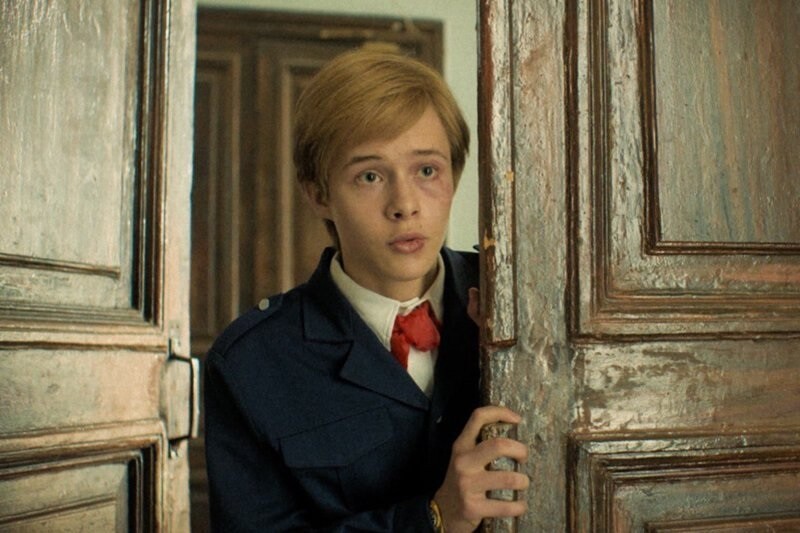
The series’ plot is inspired by the bestseller of the same name – a non-fiction work written by Robert Garaev, who in his youth was himself a gang member and has been collecting material about the ‘Kazan phenomenon’ for years.
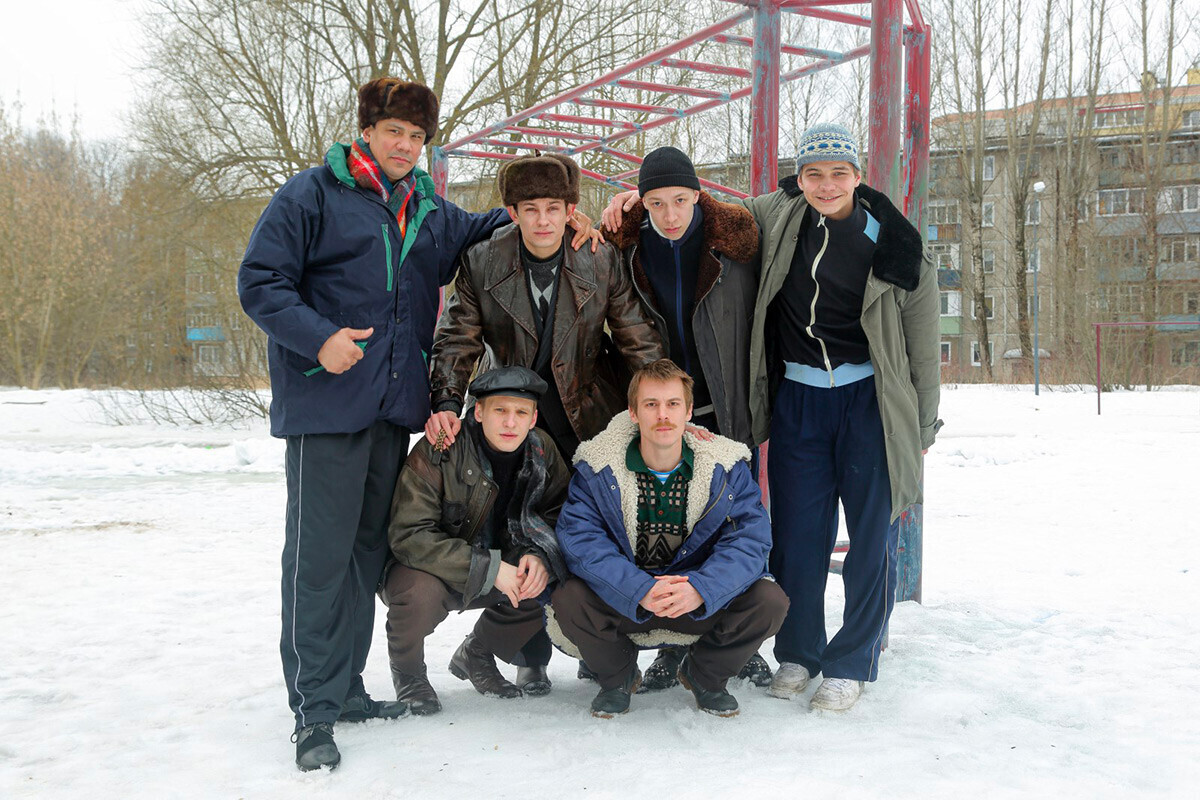
Directors and producers in Russia make a lot of movies about the Soviet past, but they rarely concern events that took place in the late 1980s. “The Boy’s Word” satisfies this demand in full and offers a wide panorama of life in the late Soviet era. Along with gang-member schoolboys, other Soviet youth also occupy prominent places in this series. These include ambitious Komsomol members, a veteran of the Afghan war, as well as a young novice thief who already has an ‘accomplished’ juvenile record. In the end, all of these youths seek to transform their street gang into a full-fleshed mafia-style organized crime group.
Of course, there are also adults in the film. The parents are desperate because their familiar Soviet reality is crumbling, and their kids are not at all like the perfect Pioneers that they see in the posters. Teachers react in one of two ways — some of them accept the winds of change, while others are reactionary and attempt to tighten their control over students. Finally, we also see law enforcement officers, but they are also conflicted among themselves. Some believe that the young gangsters should be understood and reeducated. Other police officers, however, are convinced that these young thugs are future career criminals, and there’s no point in giving them any slack for being kids.
Apart from the gangs, the series is full of many peculiar details that are unique to life in that era – school kids are wearing uniforms, video salons are starting to open (makeshift ‘cinemas’ with rows of chairs in front of a TV that uses a VCR), and we even see an amateur rock band playing at a local restaurant.
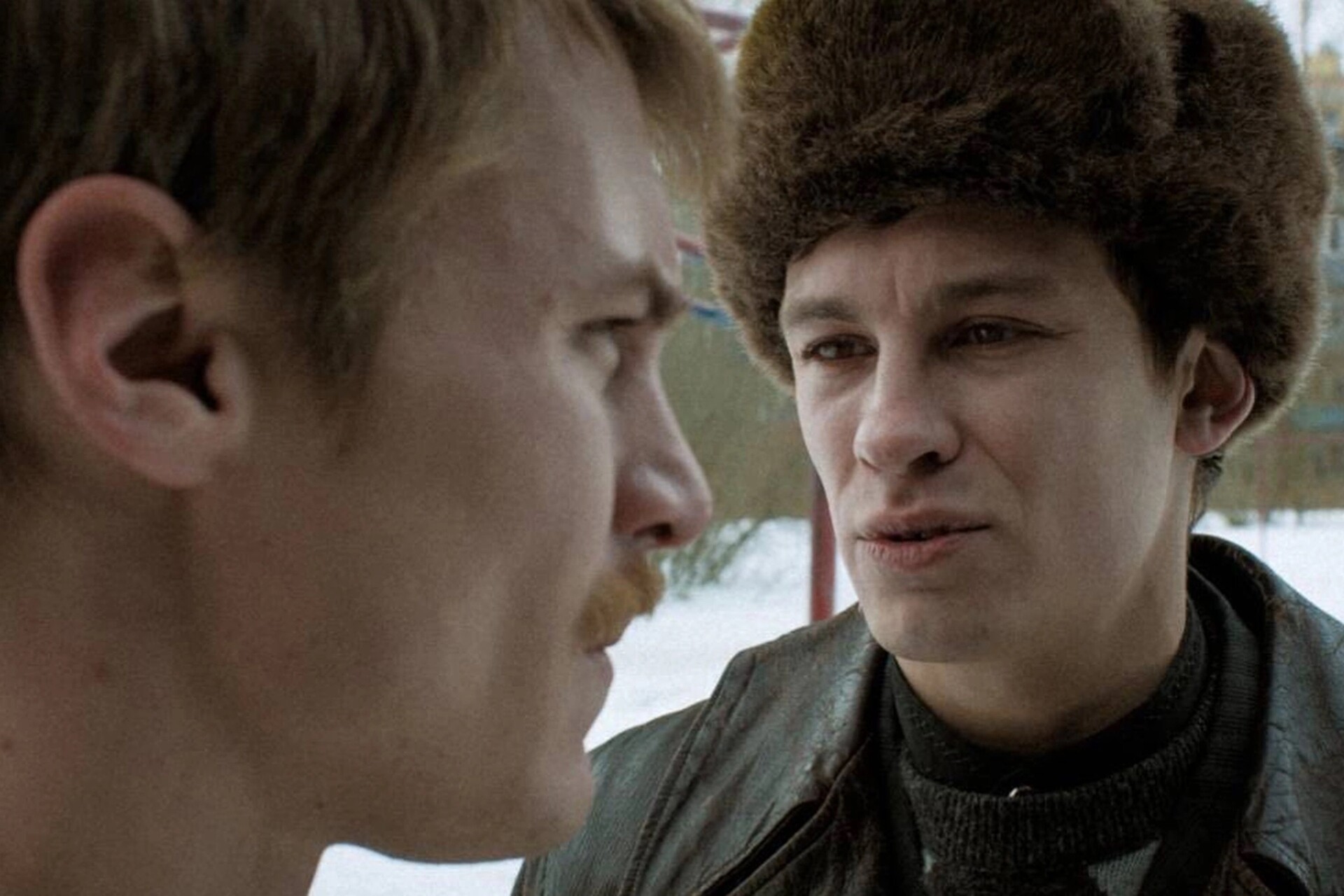
Director Zhora Kryzhovnikov (that’s his alias; his real name is Andrey Pershin) burst onto the scene of Russian cinema precisely ten years ago with his comedy “Kiss Them All!” This mockumentary about newlyweds who were forced to have two weddings on the same day – for themselves and for their relatives – was phenomenally successful at the box office. The first movie was immediately followed by a sequel, then by a remake (“Hasta que la boda nos separe” that was shot in 2018 in Mexico), and also by a wave of similar films about other noisy festivities. In total, Kryzhovnikov has made five movies – all comedies, and all of them raked in a lot of rubles at the box office.
When it comes to TV series, Kryzhovnikov mainly prefers drama and is not afraid to tackle complex topics. His TV show debut – “Call DiCaprio!” (2018) – told the story of a successful actor who one day learns he has AIDS. Nevertheless, this series also had a lot of humor and it became Kryzhovnikov’s signature comedy movie. He deftly uses jump cuts – a technique of merging two shots filmed from the same angle, and a powerful comic effect emerges from the contrast of before-after situations.
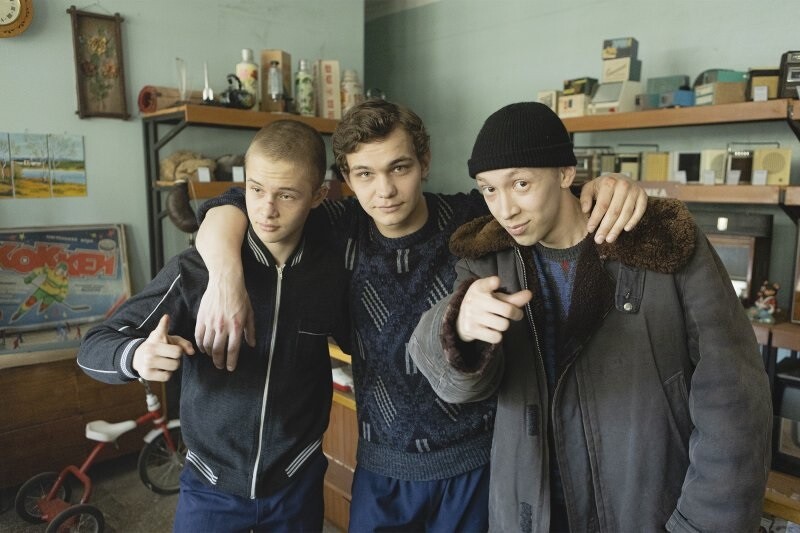
In addition, Kryzhovnikov is noted for his creative work with music; in fact, two of his films are musicals. In general, however, all his films have music video scenes, most often comedic but sometimes also tragic. In “The Boy’s Word”, Kryzhovnikov perfected these techniques. The series amuses and also deeply disturbs the viewer, and always keeps you on your toes throughout the entirety of its eight episodes, making you simultaneously feel shame for the heroes but also empathizing with them.
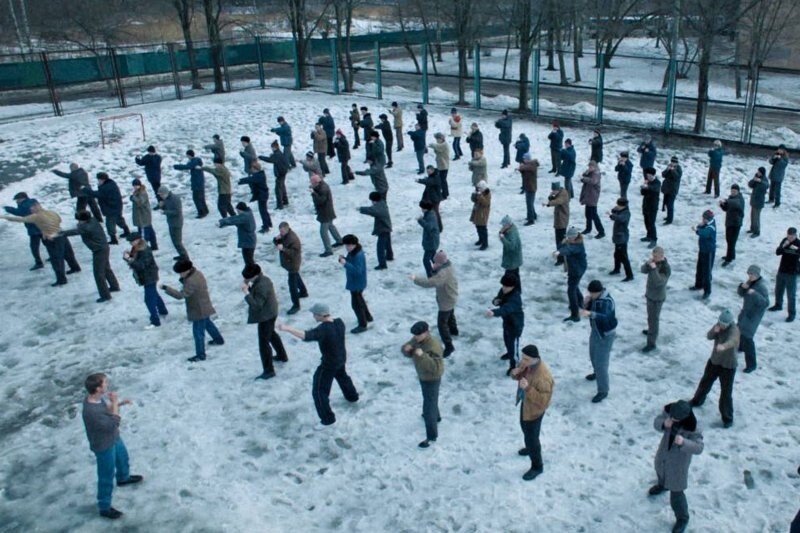
Literally two weeks before the show came to a grand conclusion, draft versions of the seventh and eight episodes were leaked on the Internet. The film crew sprung into action and urgently remade and finished both episodes on time. So now the official final outcome significantly differs from what was previously planned, and which circulates in pirated copies. This is a now rare case when a popular TV show presents two alternative conclusions. Accordingly, each viewer can choose their own version of what happened to their favorite characters; well, that’s if they have no moral qualms about watching pirated content.

When “The Boy’s Word” was first discussed in the media, even before it aired, some social activists started criticizing the series because they were afraid of glorification of the criminal world. However, the general public had the final say. According to a survey by the Russian Public Opinion Research Center (RPORC), the majority (82%) of Russians who watched “The Boy’s Word” didn’t see it as having a malign influence, and they were firmly against any ban.
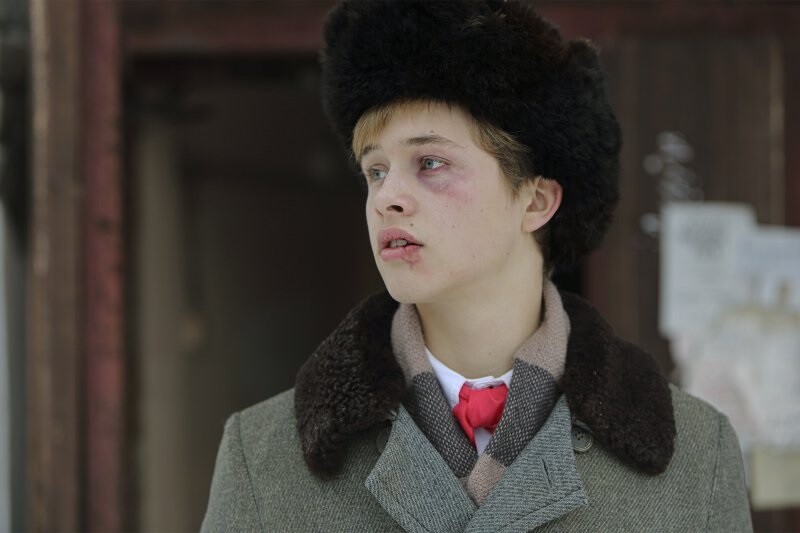
According to sociologists, every sixth Russian has seen the series, and 83% of Russians have heard of it. “The Boy’s Word” was released on the Wink and Start video services. While these platforms are usually unwilling to share data on their audience, we can judge the series’ success by the results of the Index Kinopoisk.Pro service that measures viewer interest based on user online activity. “The Boy’s Word” beat the service’s record during the first month when it was aired, in the process destroying the previous record – set by “Squid Game” on Netflix – by a whopping 250%!
To appreciate the scale of the series’ exposure, just take a look at TikTok – videos with the hashtag “#словопацана” have already amassed 11.6 billion views. The song “Pyala” by Aigel (written in the Tatar language) which features in the series has soared to first place in the Shazam global hit parade. By the way, Olympic champion Kamila Valieva performed at the Russian figure skating championship with this song.
Aside from that, one of the actors from the show, Yaroslav Mogilnikov (who played the role of “Yeralash”) is now the advertising face of American rapper Kanye West’s brand, as well as for Russian designer Gosha Rubchinsky.
Dear readers,
Our website and social media accounts are under threat of being restricted or banned, due to the current circumstances. So, to keep up with our latest content, simply do the following:
If using any of Russia Beyond's content, partly or in full, always provide an active hyperlink to the original material.
Subscribe
to our newsletter!
Get the week's best stories straight to your inbox